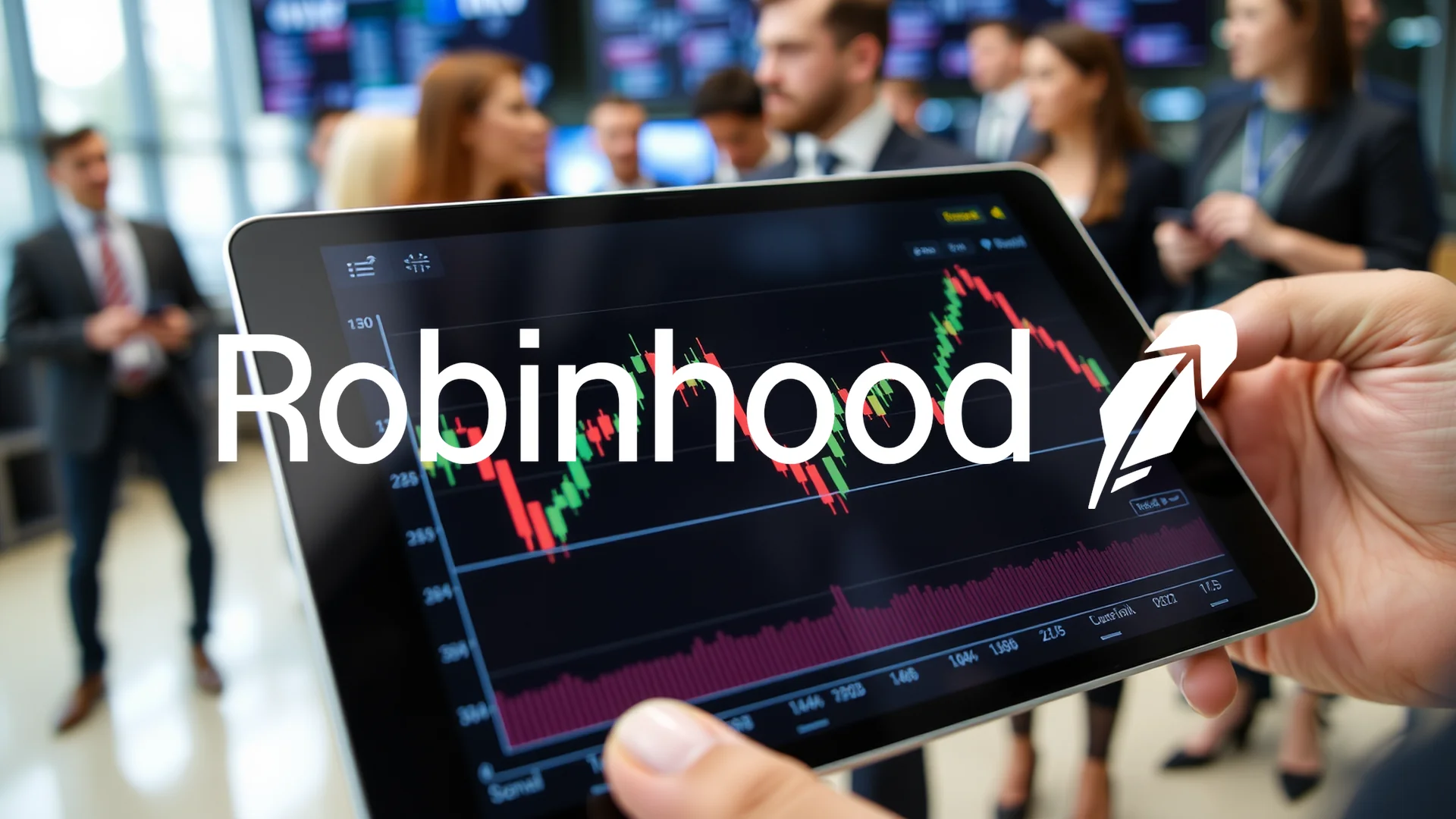Robinhood Markets is making a dramatic strategic pivot that could redefine its future. The trading platform, best known for its retail brokerage services, is now aggressively pursuing dominance in one of fintech’s most controversial sectors: prediction markets. This ambitious expansion involves a comprehensive acquisition strategy, but faces significant regulatory challenges that could derail the entire initiative.
Strategic Shift Toward Market Diversification
The company is actively scouting for acquisition targets within the prediction markets space, according to JB Mackenzie, a Robinhood vice president. The executive confirmed the firm is exploring multiple avenues to accelerate growth in this emerging sector, including potential acquisitions, joint ventures, and strategic partnerships. This represents a fundamental transformation for Robinhood as it evolves from a simple trading application into a diversified financial services provider.
Prediction markets are rapidly developing into a distinct asset class, fueled by growing investor interest in wagering on global events and outcomes. Robinhood has already begun international expansion efforts through partnerships with platforms including Kalshi and ForecastEx, offering event contracts to its user base.
Intensifying Competitive Landscape
The move comes as competition in prediction markets heats up significantly. Intercontinental Exchange, parent company of the New York Stock Exchange, recently signaled serious interest in the sector by taking a stake in Polymarket, one of Robinhood’s key competitors. This institutional validation of prediction markets as a legitimate business area adds both credibility and competitive pressure to Robinhood’s expansion plans.
Should investors sell immediately? Or is it worth buying Robinhood?
Robinhood shares have delivered impressive performance this year, climbing more than 200% year-to-date. This strong market performance provides the company with additional flexibility as it pursues its prediction market ambitions.
Regulatory Hurdles Pose Significant Risk
The ambitious expansion strategy faces substantial regulatory obstacles that represent the initiative’s primary vulnerability. Regulatory authorities in multiple states, including Massachusetts and New Jersey, are questioning whether prediction markets constitute gambling rather than legitimate financial instruments. Such a classification would subject these markets to entirely different regulatory frameworks and potentially restrict their operation.
While Robinhood maintains its products should be regulated as financial instruments under CFTC oversight, state-level challenges could abruptly terminate the company’s prediction market aspirations. The outcome of these regulatory debates will likely determine whether Robinhood’s billion-dollar strategic shift becomes a masterstroke or an expensive failure.
Ad
Robinhood Stock: Buy or Sell?! New Robinhood Analysis from February 7 delivers the answer:
The latest Robinhood figures speak for themselves: Urgent action needed for Robinhood investors. Is it worth buying or should you sell? Find out what to do now in the current free analysis from February 7.
Robinhood: Buy or sell? Read more here...










